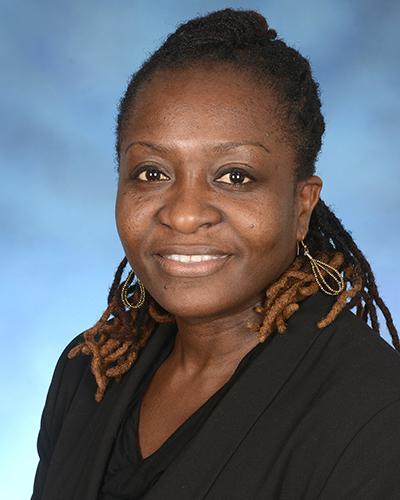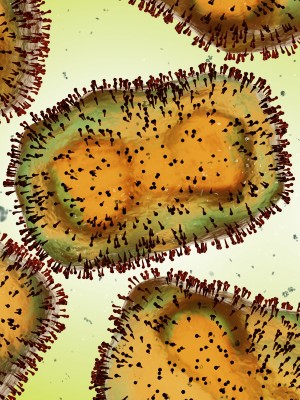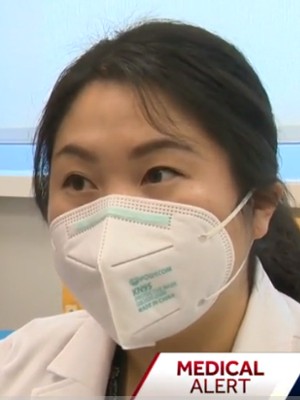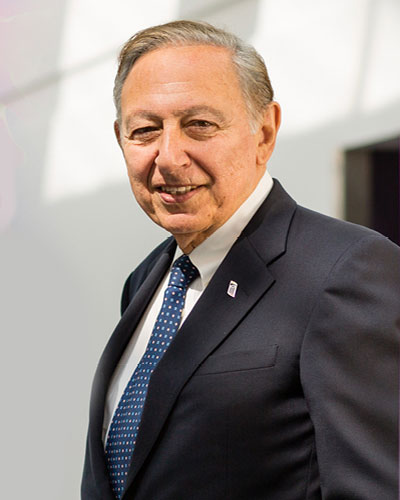May 20, 2022 | Annalisa Merelli

The markets may be in free fall, but a few biotechnology companies had an exceptionally good day. Siga’s stock is up more than 40%; Emergent Biosolutions’s gained nearly 12%, and Tonix Pharmaceuticals, 15%. Outside the US, Danish company Bavarian Nordic jumped 19%.
The reason? They make treatments for monkeypox.
A few cases of monkeypox have been registered in Europe and North America, far from West and Central Africa where outbreaks typically emerge. With COVID still very much ongoing and fresh memories of early 2020, the alert has gone up quickly, lifting the shares of makers of the medications that would be needed to treat a monkeypox outbreak.
...While bioterrorism is a serious threat, there is something paradoxical about European countries having to order smallpox treatments from the U.S. in order to treat monkeypox, a disease to which rich countries hadn’t given any thought since the first official case in 1970. But like the spread of covid, the recent monkeypox flare-ups show viruses heed no borders.
“Saying ‘no one is OK if we are all not OK’ is not just a punchline, but a truth inherent to the principle of global health,” says Nadia Sam-Agudu, a pediatrics professor at University of Maryland School of Medicine’s Institute of Human Virology.
Contact
Vanessa McMains
Director, Media & Public Affairs
Institute of Human Virology
University of Maryland School of Medicine
vmcmains@ihv.umaryland.edu
443-875-6099
Related stories

Thursday, June 22, 2023
STAT: A looming penicillin shortage threatens pregnant adults with syphilis and their newborns
Pfizer announced last week that it expects to run out of a key drug for treating syphilis in the near future — a looming problem that health professionals say could exacerbate syphilis rates, widen racial disparities in sexually transmitted diseases, and stymie global access to the antibiotic, especially within lower-income countries. The drug in question is Bicillin, an injectable, long-acting form of penicillin most commonly used to treat syphilis in adults as well as childhood infections.

Wednesday, January 18, 2023
Baltimore Banner: Hunt for infectious disease treatments takes on new urgency
When monkeypox cases began spiking in early June, some of those infected and at risk were dismayed that there weren’t proven therapies ready. There was a promising treatment, tested in animals but not humans, for the infections regularly seen in Africa but rarely reported in Europe or North America. The drug was used sparingly before the emergency began abating. But instead of putting the tecovirimat, or TPOXX, back on the shelf, researchers at Johns Hopkins and elsewhere launched a major study to confirm it worked for monekypox, now known as mpox.

Tuesday, August 23, 2022
WBAL: Anti-viral treatment available in Maryland to treat monkeypox
What do you do if you think you have monkeypox? All 50 U.S. states have reported at least one monkeypox case. Of the more than 15,000 cases nationwide, Maryland accounts for 379 monkeypox infections. Smallpox therapies may be used, although data on their effectiveness for the virus is limited. Vaccines are hard to come by, but there is an anti-viral treatment available.

Wednesday, August 17, 2022
Africa Defense Forum: Study: COVID-19 Bigger Risk For Pregnant Women
Pregnant women who catch COVID-19 are in much greater danger than previously suspected, according to a new study that analyzed data collected from six African countries.

Wednesday, August 17, 2022
Popular Science: As COVID vaccines reach kids worldwide, a gap in Africa leaves everyone exposed
Many African countries have fallen behind on delivering COVID shots to kids, despite a higher risk of severe sickness in a massively young population.

Tuesday, May 24, 2022
Baltimore Sun: Monkeypox ‘isn’t COVID,’ but CDC still wants public to be aware of cases
Officials from the U.S. Centers for Disease Control and Prevention warned the public and medical providers Monday to be on alert for possible cases of monkeypox as it counts up to five cases of the normally rare disease around the nation. But the officials say the threat to the general public remains low, as it’s just not as easily spread as other diseases such as COVID-19. Rather, it takes touching or sharing fluids with someone with the characteristic monkeypox rash.

Tuesday, April 19, 2022
Quartz: Poor countries got screwed on COVID vaccines. They’re making sure it won’t happen again
Since early on, the pandemic has highlighted inequality both on a micro scale—within countries, between social classes and ethnic groups—and a macro one—between rich and poor countries. It also confirmed what many of those working in global health—particularly in and for low- and middle-income countries—expected: In an emergency, no matter the declared values and intention, people will first and foremost, and in many cases only, care about themselves and their own.

Friday, March 04, 2022
The Atlantic: The Pandemic Is Following a Very Predictable and Depressing Pattern
Americans, by and large, are putting the pandemic behind them. Now that Omicron is in the rearview mirror and cases are plummeting, even many of those who have stayed cautious for two full years are spouting narratives about “going back to normal” and “living with COVID-19.” But in the global South, COVID-19 is much harder to ignore. More than a year after the start of the mass-vaccination campaign, nearly 3 billion people are still waiting for their first shot.

Sunday, February 06, 2022
Forbes: Double Agents In Global Health
I was once called a 'double agent' because I grew up and trained in India, but now do global health research and teaching in Canada. I think it was meant as a compliment (I hope!) to suggest that someone like me understood global health from both perspectives. Immigrant scientists can serve as dual citizen scientists and give back to their home countries. Here is crowd-sourced input from 19 other double agents.

